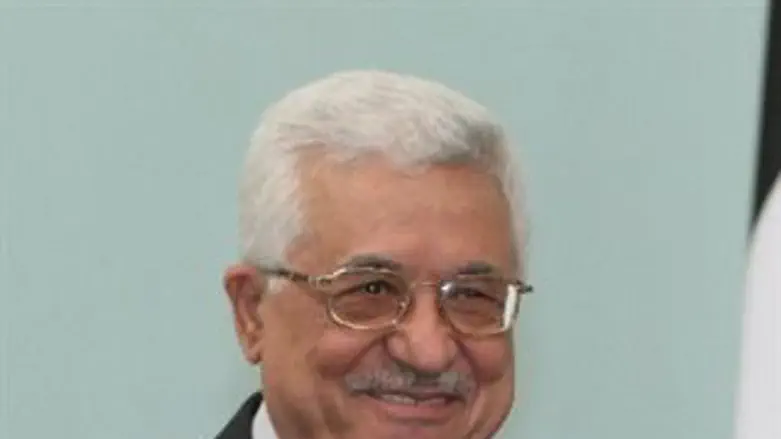
For millennia, diversity of opinion has been a Jewish hallmark, as the old adage goes, 'when you have two Jews you've three opinions.' Yet, over the years, when rallying for the causes that are dearest to the collective Jewish heart, the community has been able to overlook points of contention, and unite under a common banner.
Traditionally when it came to Israel, this was the case. Love of Israel is a passion that most Jews share, and the community in the United States has been successful in channeling that support into unified political action.
Since early on in his presidency, President Obama has worked diligently to undermine that unity in an effort to promote his own political agenda. Sensing cracks at the outset, his administration focused on amplifying the contentious aspects of the US- Israel relationship, effectively driving a wedge between American Jewish groups. As a result, some segments of the largest diaspora Jewish community have distanced themselves from their brothers and sisters in the holy land.
This point was amplified following the President's controversial Middle East policy speech last Thursday, and his subsequent affirmation of it at the AIPAC policy conference, where he insisted on focusing on the sensitive and controversial aspects of the Israeli-Arab conflict. As was pointed out in the Wall Street Journal, 'the encounter (between Obama and Netanyahu) - and later, Netanyahu's speech to Congress - could place Jewish Americans in the awkward position of having to choose sides between the visions laid out by the two leaders.'
An indication that this effort has been deliberate and systematic, was the administration's hosting of the JStreet lobby only one year after its founding together with longstanding Jewish leaders just six months after his inauguration. The status of JStreet, a polarizing organization that claims to be pro-Israel, but whose policies have been repudiated by the Israeli government, was significantly boosted by this inclusion.
However, as pointed out by the a Netanyahu aide, Obama 'simply does not understand the Israeli psyche,' apparently in more ways than one. As a consequence of his meddling, it now seems that the influence of the American Jewish establishment on Israeli political leadership is more limited than ever.
Following Obama's policy speech, leaders including the ADL's Abraham Foxman and the AJC's David Harris were quick to lay forth their opinions, suggesting that Obama was by no means off the mark with his address. Their opinions fell on deaf ears in Israel, and apparently had little or no impact on the course charted by Benjamin Netanyahu who entered the White House spitting defiance, following up in Congress with an equally forthright display of political bravado.
Upon his return to Israel, a new poll concluded that Israelis are giving the visit high marks and considering it an overwhelming success. The Ha'aretz newspaper concluded that "from the poll, it emerged that Netanyahu's trip not only put a brake on the drop in his popularity ratings, but actually reversed the trend. While in a Haaretz poll five weeks ago Netanyahu seemed to be in hot water with the public, with 38 percent expressing satisfaction with his performance and 53 percent disappointed with it, in yesterday's poll the results were essentially reversed: 51 percent were satisfied, while 36 percent were not."
The relationship between American Jewry and Israel is nuanced, intimate and complex. Whilst Israelis are starkly aware of the integral role that is played by the transatlantic community in fighting on their behalf in various arenas, they have also reached a level of political maturity that has enabled them to appreciate the growing limitations of this union.
Ultimately, as the Jewish Telegraphic Agency's Washington bureau chief Ron Kampeas mentioned during a recent interview on National Public Radio, "Of course, American Jews take a lot more than just Israel to the polls. In fact, if you look at the polling, they often rank Israel as the 8th most important factor."
For Israelis, however, security is consistently the number one priority. It is their sons and daughters that serve on the front lines, it is their neighbors, friends and family members that have suffered the bloody blowback of failed overtures for peace, and as time has passed, they are less prepared to allow others, however well-intentioned to raise the stakes on their future.
The result of the President's divisive strategies has been the dampening significance of American Jewry, thus limiting the White House's avenue of friendly persuasion. Going forward, if American Jewish leaders wish to maintain their Mediterranean influence, that will need to consider carefully where they pitch their tents.